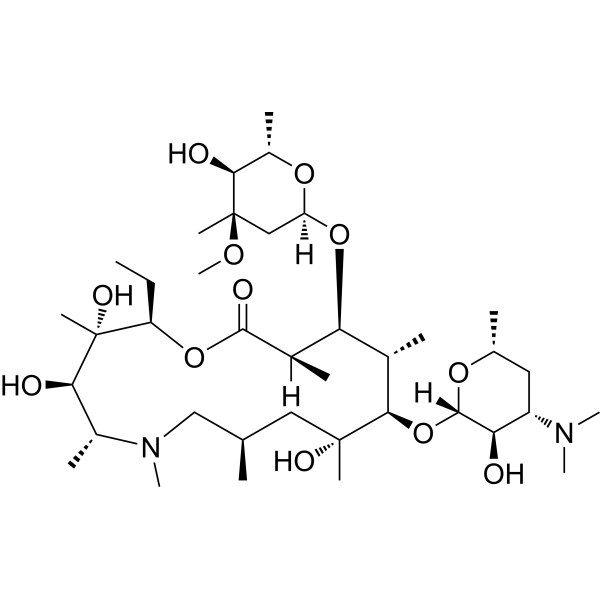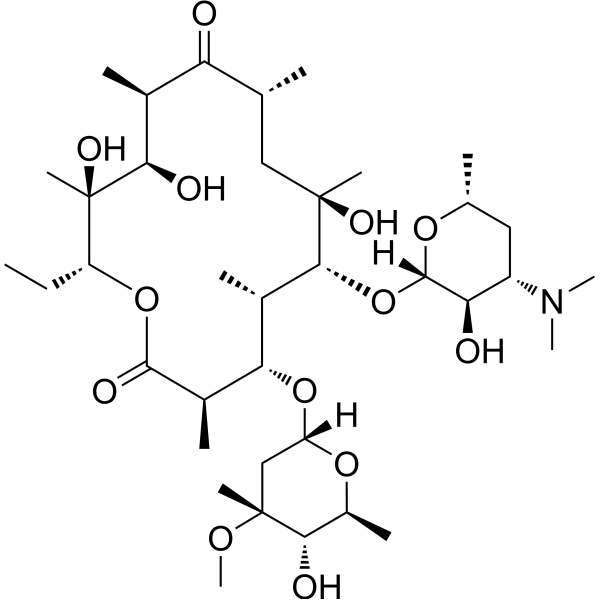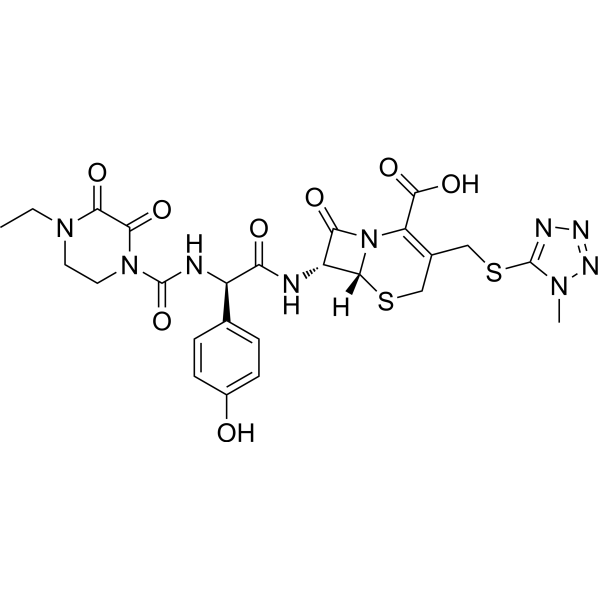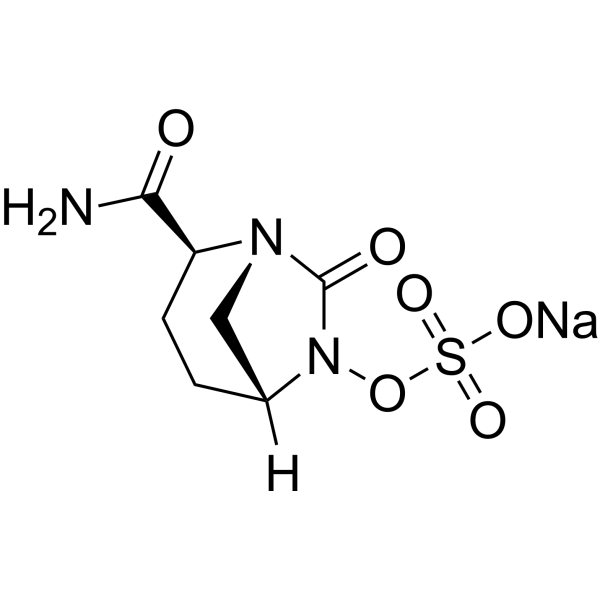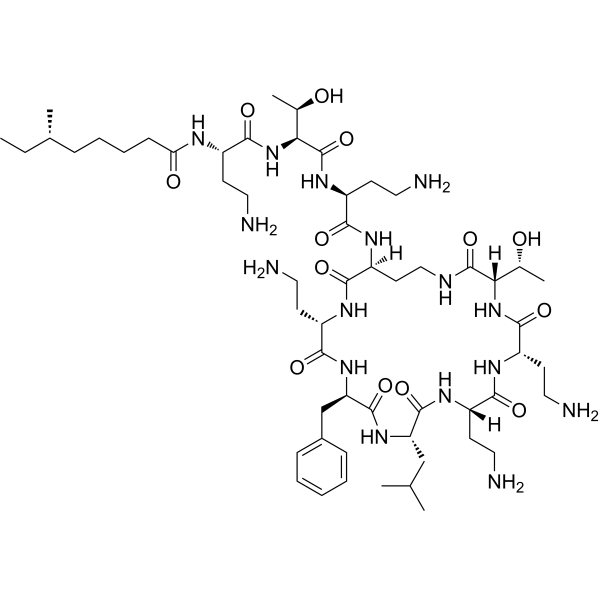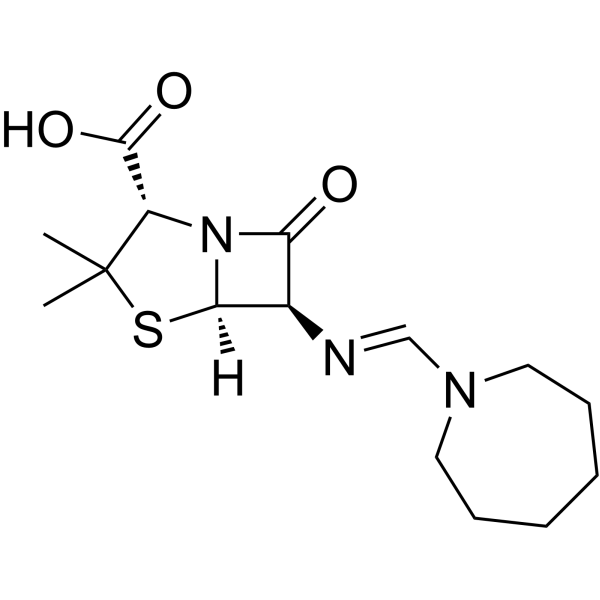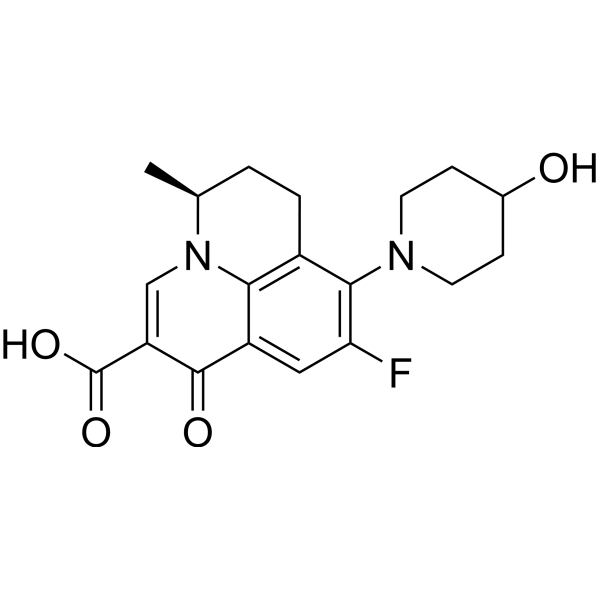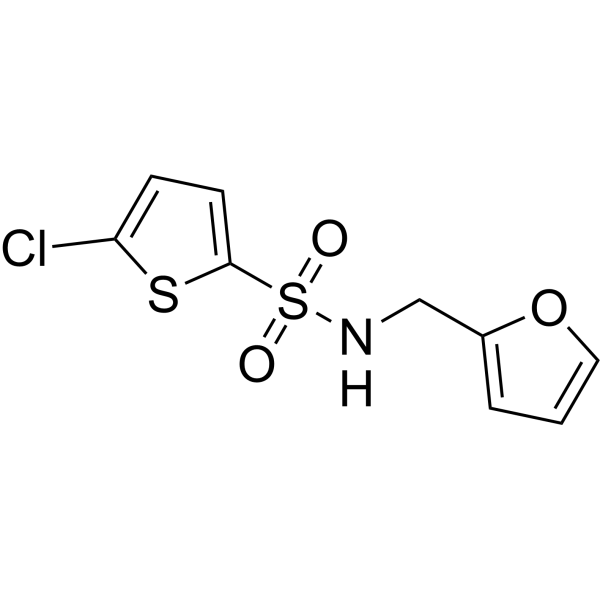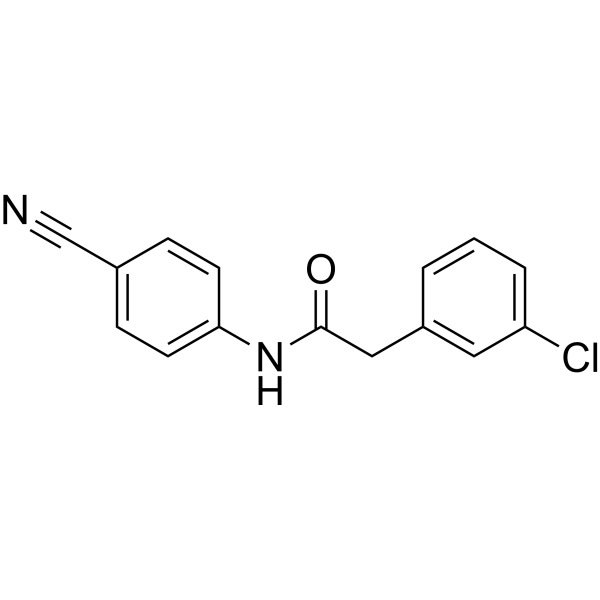Antibiotic Resistance
Antibiotic Resistance Inhibitors are a critical class of compounds designed to combat the growing global threat of antimicrobial resistance (AMR). These inhibitors work by targeting the mechanisms that bacteria use to evade the effects of antibiotics, restoring or enhancing the efficacy of existing antimicrobial treatments. Antibiotic resistance inhibitors may target bacterial enzymes such as β-lactamases or other resistance-conferring proteins, preventing bacteria from degrading or modifying antibiotics. Some inhibitors disrupt bacterial efflux pumps, which are responsible for expelling drugs from bacterial cells, while others interfere with biofilm formation, a common defense strategy in chronic infections. As resistance continues to rise, these inhibitors play a pivotal role in extending the effectiveness of antibiotics, offering new therapeutic possibilities for treating resistant bacterial infections. Used in combination with traditional antibiotics, Antibiotic Resistance Inhibitors are essential tools in the fight against drug-resistant pathogens, helping preserve the clinical utility of existing antibiotics and ensuring more effective treatments for patients worldwide.

